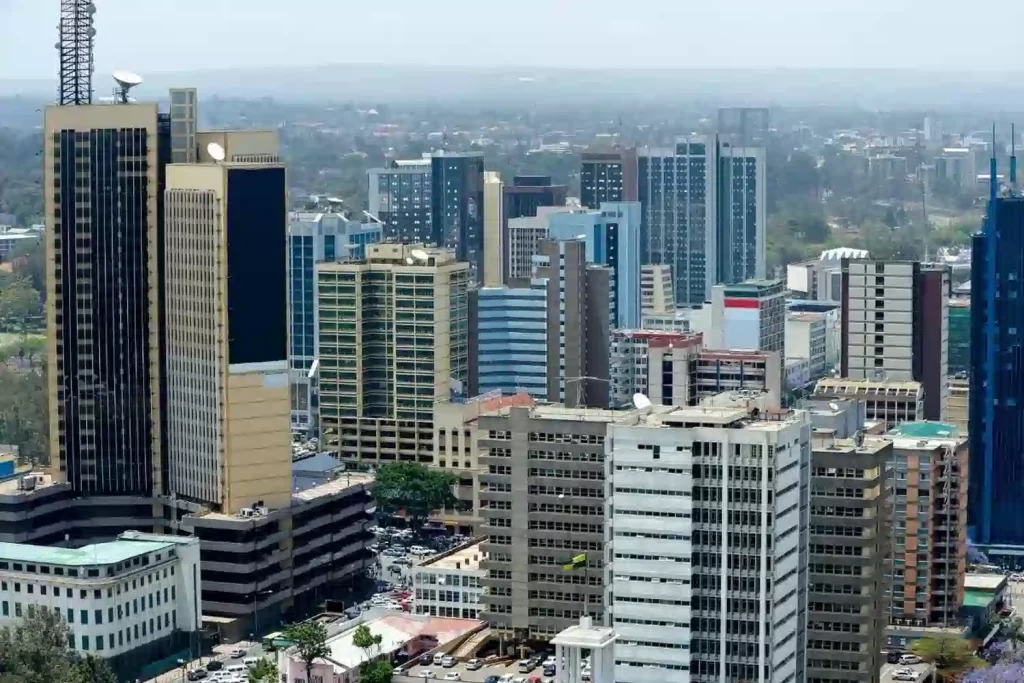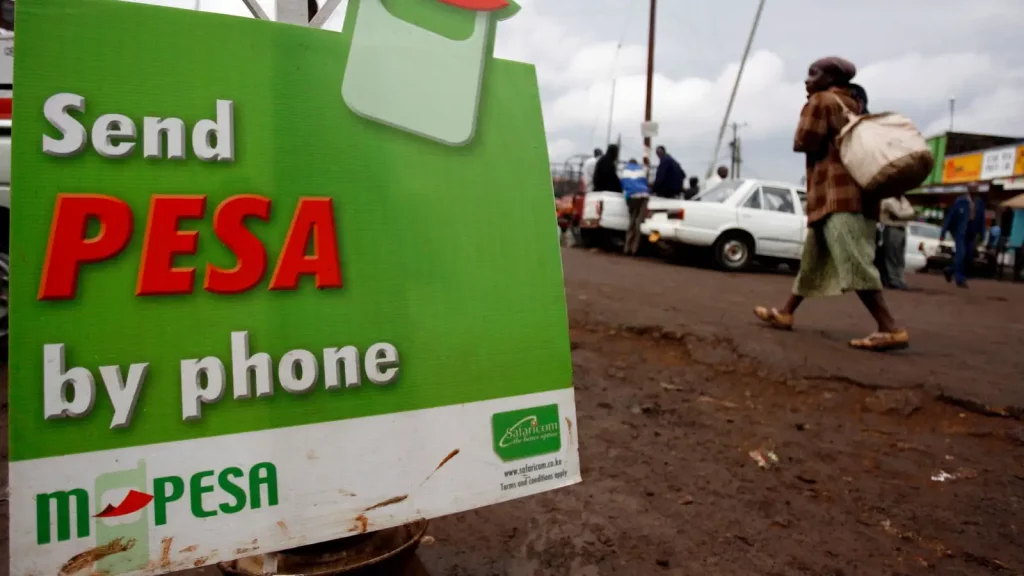The Nigerian House of Representatives has directed the Central Bank (CBN) to request that all banks overhaul their online banking systems. The move comes after a series of policies introduced by the CBN to drive Nigeria towards a cashless economy brought a lot of hardship for the cash-dominated country. A lawmaker from Edo state, Hon. Sergius Ose-Ogun, moved the motion.
According to the lawmakers, the directive is meant to increase the efficiency and ease of conducting electronic banking operations. The House further instructed its Committee on Banking and Currency to ensure adherence to the resolutions and submit a report within four weeks for additional legislative action.
Nigerians have had to rely on digital channels of transactions in recent months as the amount of currency in circulation has dropped from ₦3.2 trillion in September 2022 to about ₦1 trillion now. As cash became scarce, electronic channels such as bank apps, fintech apps, and USSD transactions saved the day for Nigerians.
Data from the Nigeria Inter-Bank Settlement System Plc (NIBSS) shows that the volume of online transactions grew by 70%, while the value of transactions grew by 7.8% in February compared to January. The value of eNaira transactions, Nigeria’s central bank digital currency, has also grown by 63% this year, according to Godwin Emefiele, the CBN Governor. He also shared during a press conference on Tuesday that the total number of e-wallets has jumped more than 12-fold to 13 million.
The directive comes after several Nigerians had to deal with failed transactions as the rapid expansion of online transactions forced legacy banks to struggle. In moving the motion for the directive, Hon. Ose-Ogun said, “The ineffectiveness or difficulty in using internet banking services across the online banking platforms of most commercial banks in Nigeria has brought untold hardship, suffering, and difficulties on Nigerians in the past three months.”
Per reporting from The Punch, NIBSS has been witnessing more downtime because of the pressure of transactions. According to a source familiar with the matter, this downtime has been affecting the outflow and inflow of transfers. The source stated that NIBSS has to increase its capacity to handle the pressure from the CBN’s policy.
What does overhauling banking systems mean?
While this move by the House of Representatives may be inspired by good intentions, details on what the banks should do exactly remain hazy. The core banking applications (CBA) that banks operate are highly specialised. According to an IT personnel at a major legacy bank, the implementation of CBAs and migration of customer data to new ones can last up to six months, enough time for customers to experience panic-triggering downtimes. If by “overhaul”, Nigerian lawmakers are expecting a policy-driven quick fix to the digital banking crises plaguing Nigerian banks, then they might be far from reality after all.
If policy—rather than competition and innovation—were to drive the sophistication of digital banking in the country, then lawmakers must be attuned to the specific industry standards that banks must comply with. Guidelines should be clear on the kinds of technology to adopt and maintain to achieve the much-desired reliability. “Overhaul your banking systems, banks,” may not be enough to get the job done.




















